The reading time is approximately 2 to 3 minutes.
Armagnac is often celebrated for its rich flavor and character, but behind this fine alcohol lies a history deeply rooted in French heritage. As Raymond Dumay aptly put it, "Armagnac is not just a fleeting sensory experience, but a key that unlocks the secrets of a country's best-kept treasures."
It represents a soft yet indelible light that illuminates the past, landscapes, towns, churches, and the men who shaped France. The name Armagnac, beyond designating a region and a renowned spirit, refers to a sovereign dynasty that ruled over the county of the same name for five centuries.
The House of Armagnac
In the 15th century, the power of the House of Armagnac reached its peak due to its commitment to the King of France in his struggle against the English and the Burgundians. One of the decisive moments of this period was when Bernard VII of Armagnac, by marrying his daughter to the young Duke of Orleans, took the lead of the Orleans party in 1410. This event gave its name to the movement. The conflicts that followed between the Armagnacs and the Burgundians plunged France into a period of violence and turmoil during the reign of Charles VI.More than just a gustatory dimension?
These internal conflicts are not merely historical events. They illustrate the complexity of power dynamics and the importance of family alliances at that time. Armagnac, far beyond its gustatory dimension, carries within it the traces of this rich and turbulent history. It embodies a symbol of resilience, pride, and identity, reflecting the trials and triumphs of a community.
Therefore, when tasting a glass of Armagnac, we are not just savoring an exceptional spirit; we are immersing ourselves in a journey through time.







